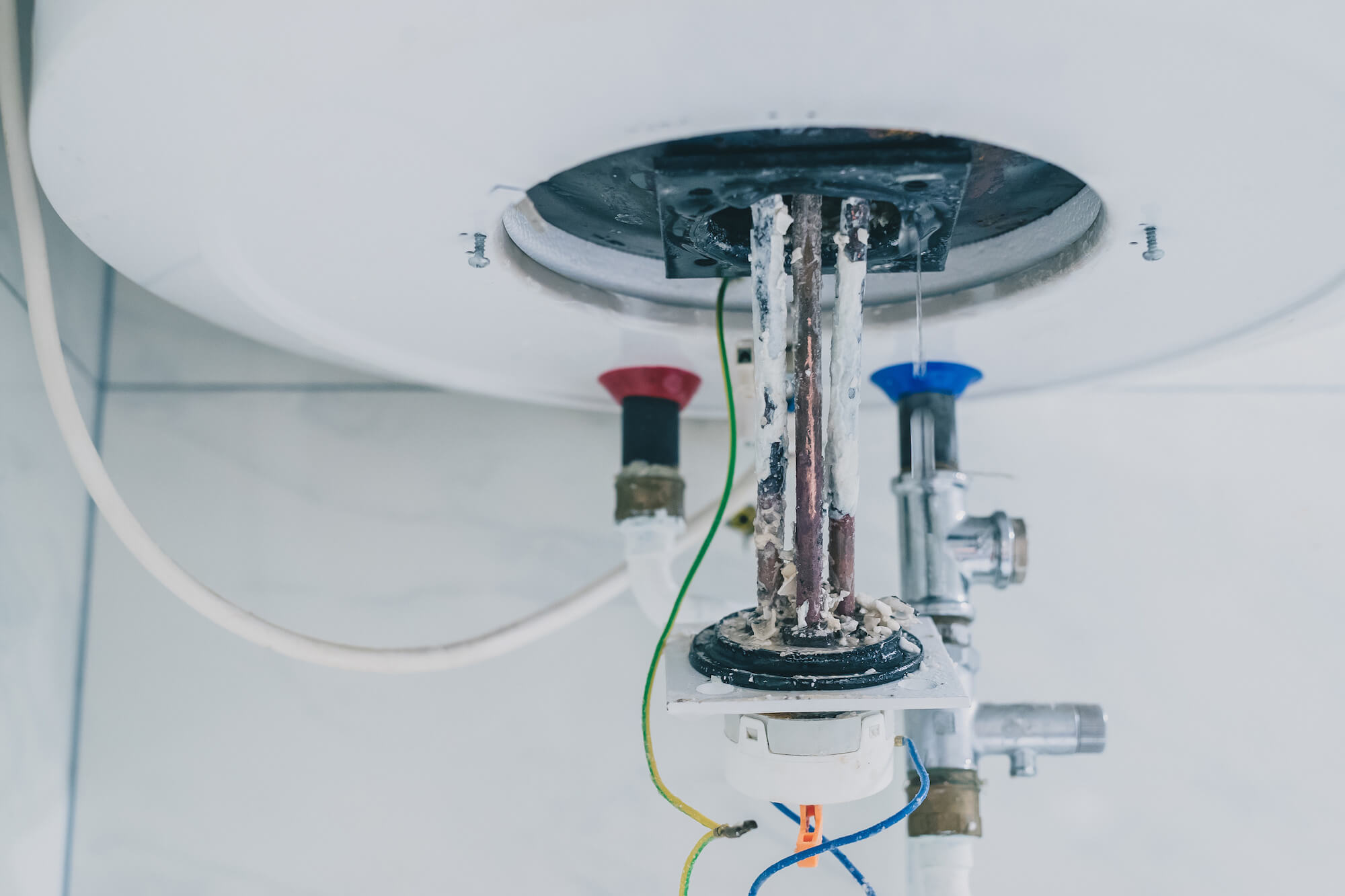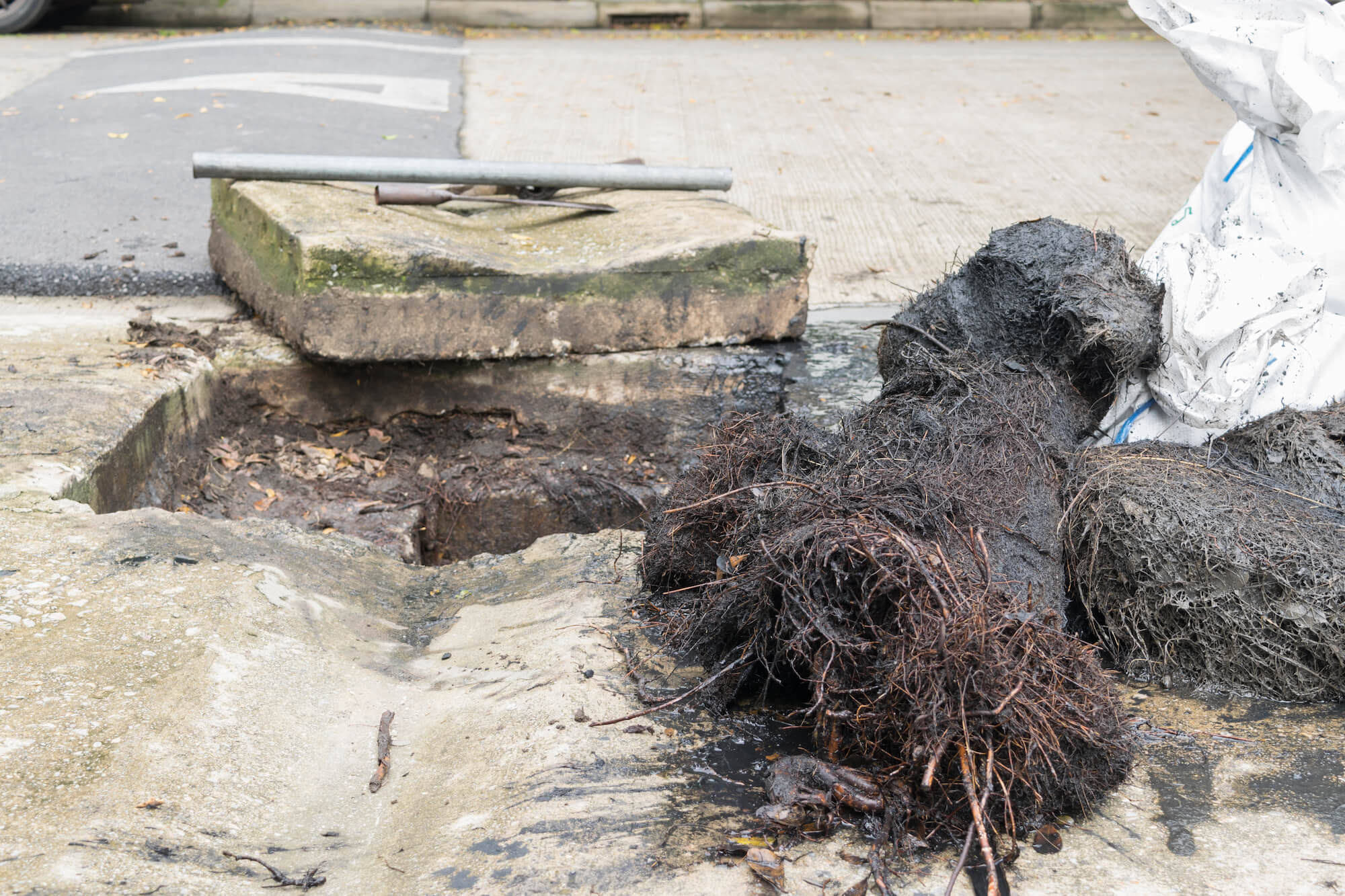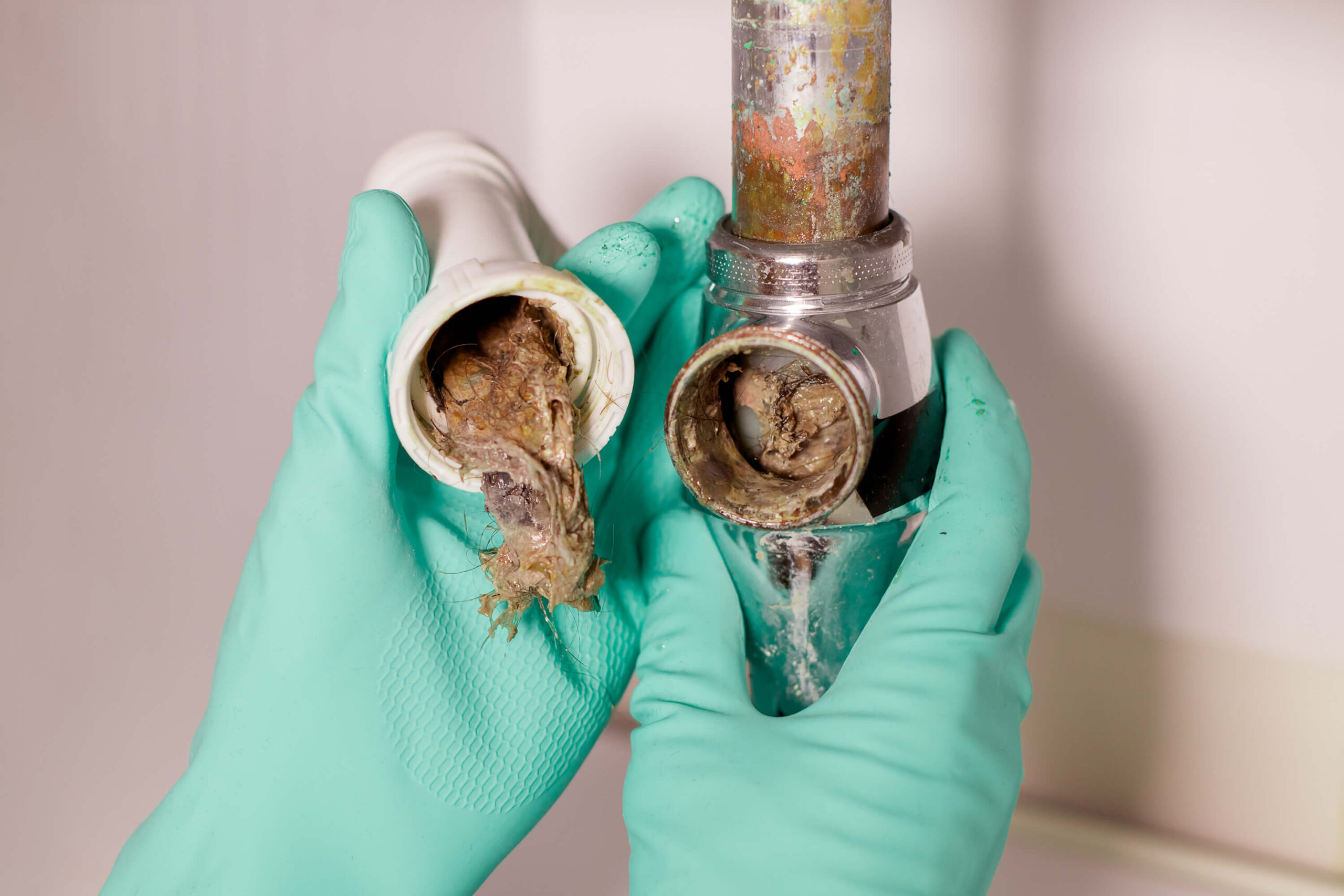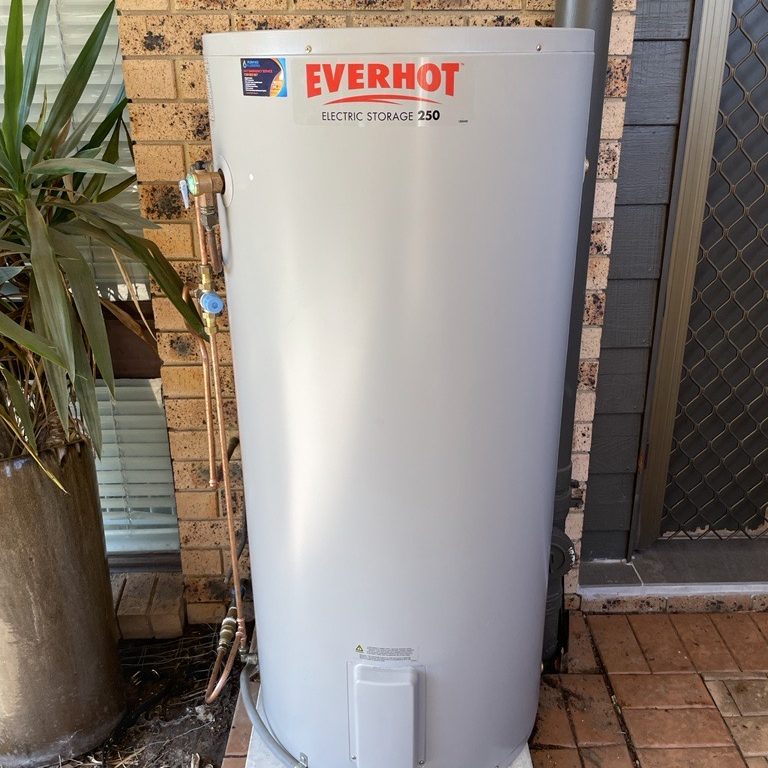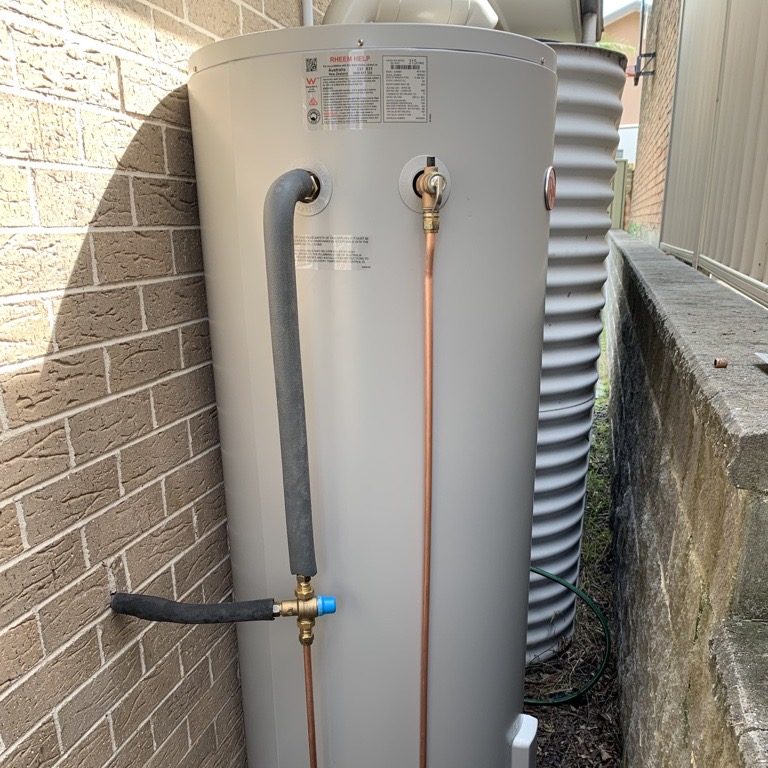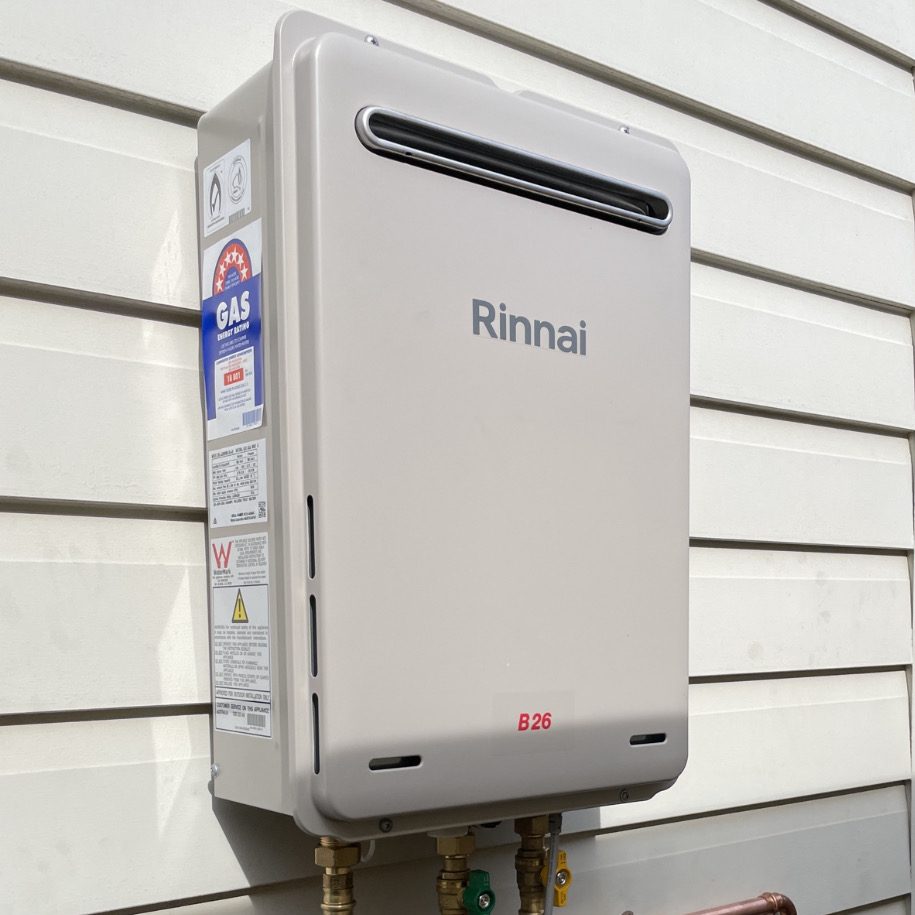$0 Call Out Fee*
Fast 60 Mins Response
Hot Water Repairs You Can Depend On
We are right by your side with our 24/7 emergency service
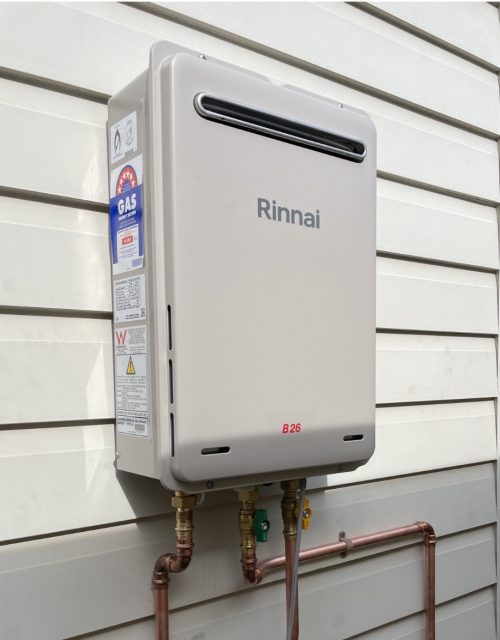
Hot Water New Installations & Servicing
Waking up first thing in the morning to cold shower is never pleasant! Luckily the team at Purified Plumbing offer a 24hr emergency service for hot water heaters, from an electric storage tank system to an instantaneous gas hot water, we can do it all and quickly!
We have recognised approval and registration to service these systems with over 18 years of experience with new installations and repairs.
The Brands We Work With




24 Hour Service Trusted & Reputable
Purified Plumbing will exceed your expectations in every area !

Full Certification
Experienced plumbers & fully licensed

️️100% Guaranteed
Fast response & fix it right the first time
24 HOURS
Contact anytime for plumbing emergency
What Our Customers Say
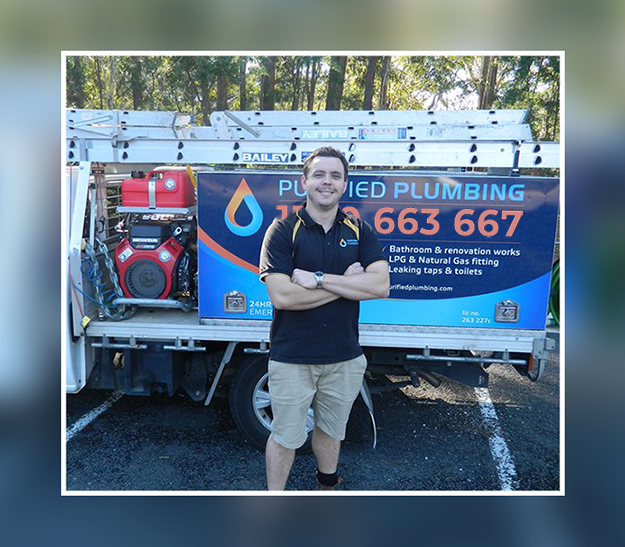
Book Online & Save!
Receive a 5 percent discount on any job completed by us when you book online!
(Capped at $100)

Book For Hot Water Repairs
FAQs About All Hot Water Repairs Service
If you're without hot water, you definitely have a problem, which is usually the result of no energy supply. Ensure you have a reliable supply of gas or the electricity is indeed on. If there is no issue with your energy, it could otherwise be an ignition or heating element issue.
Are you without hot water? No worries, first turn your heater off. The follow these steps:
- Circuit breaker - reset it
- If it was the breaker, hot water would be restored within an hour
- Still tripping - hit reset.
If these steps don't work, contact our experienced technicians.
There are many reasons that hot water stops working, some of them being:
- No power
- The limit switch has been tripped
- Heating elements have failed.
If you're experiencing problems, check the circuit breaker at your service panel and turn it on if there has been an issue.
Water heater types can be determined by fuel types - gas and electricity, and functionality. The two standard types available are tankless and standard tanks.
- Standard tanks - water is reheated by the heating element each time a tap is turned on.
- Tankless - water is heated through the pipes while it flows through.
Each water tank has its advantages, and it is a matter of looking at each and deciding what best suits your lifestyle.
Water heaters with a tank are cheaper to install; however, tankless systems, while more expensive at installation and repair, are energy efficient and use less energy.
Essentially, while you save money at the outset of a tank system, tankless may save you more money long term. Traditionally, large homes fair well with a tank heater; however, as technologies have advanced, tankless options are just as capable of heating larger spaces.
Water heaters with a tank should be replaced within ten to fifteen years of use; however, every twenty years is adequate for a tankless option.
A serial number imprinted on your The age of your water heater identifies how old your unit is. Otherwise, you will experience strange smells and noises, increased energy bills, uneven temperature, or water flow.
A buildup of sediment in a tank heater is a known fast way to age your heating. We recommend flushing the tank at least once each year to keep it in good order.
Along with calling a professional to upkeep your system for maintenance and repairs, use water treatment and replace the anode rod to reduce any buildup or rust.
As a water heater ages, a buildup of sediment is more likely and needs to be removed regularly, so a barrier isn't created between the water and burner. This type of issue reduces the performance of the water heater and affects the efficiency of fuel.
The lack of hot water can be 'boiled' down to two main reasons, neither requiring you to replace the whole unit.
It could be the thermostat malfunctioning or a heating element not working correctly. For either of these issues, replacing the part is sufficient.
Sometimes, a dip tube will break, which means cold and hot water mix together inside the tank.
Overtime your hot water heater will eventually begin to rust out, usually when this begins to occur you will start to notice a tiny bit of brown water coming through your hot water taps, this is the rust sitting on the bottom of the hot water heater seeping through and into your water supply.
Latest News & Blog
